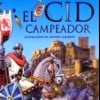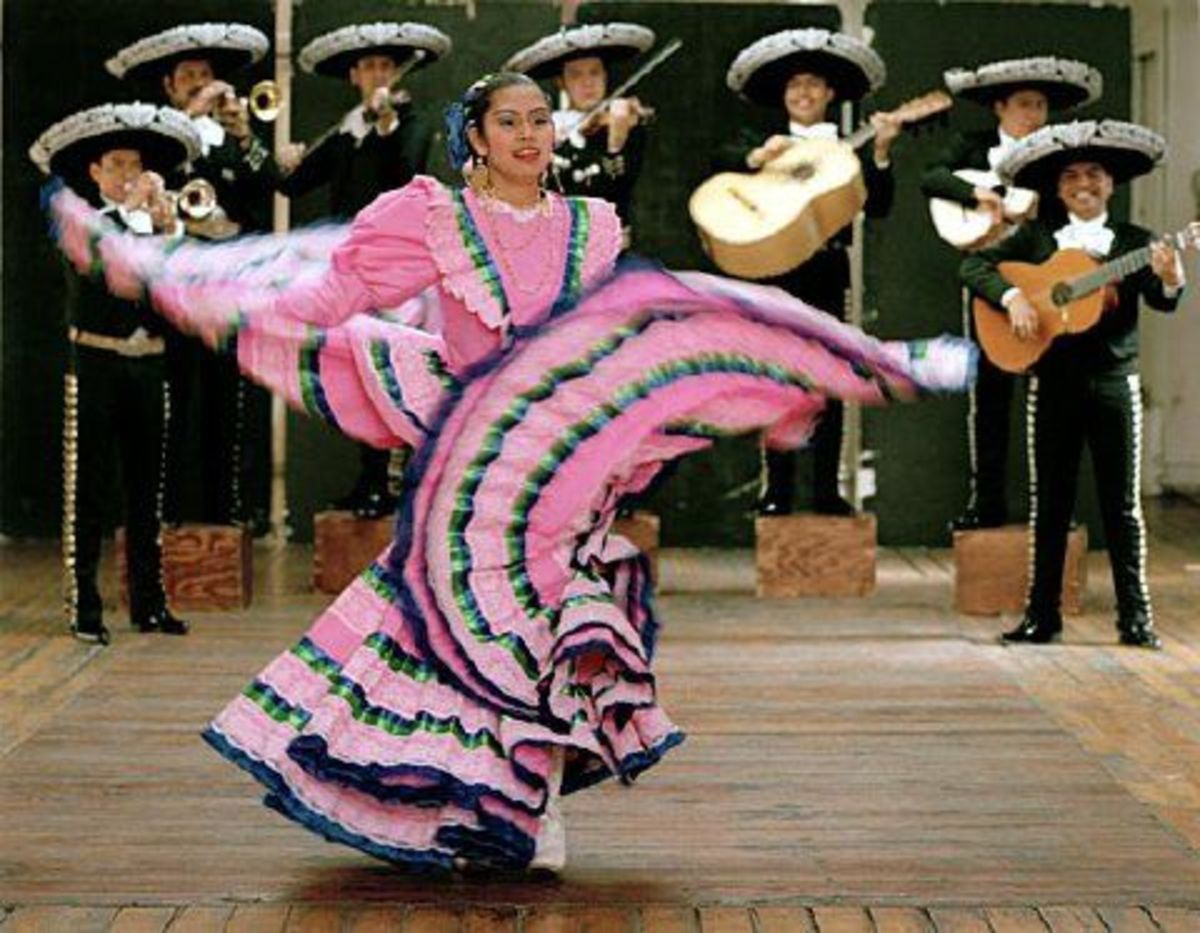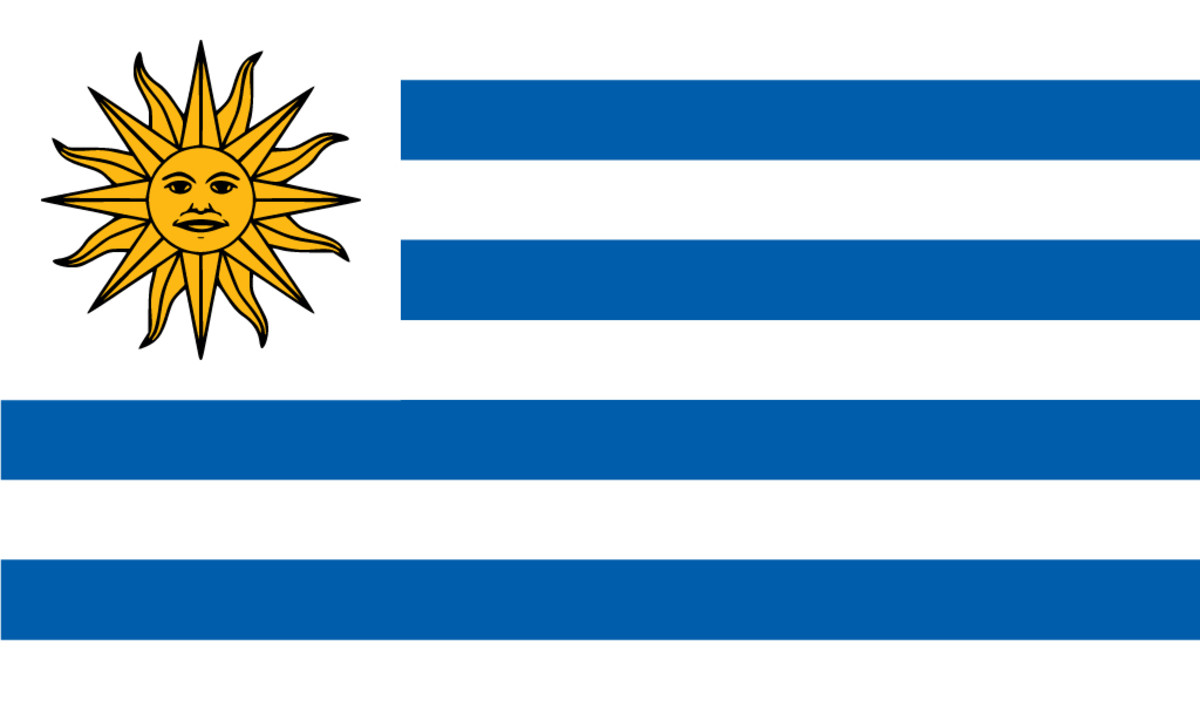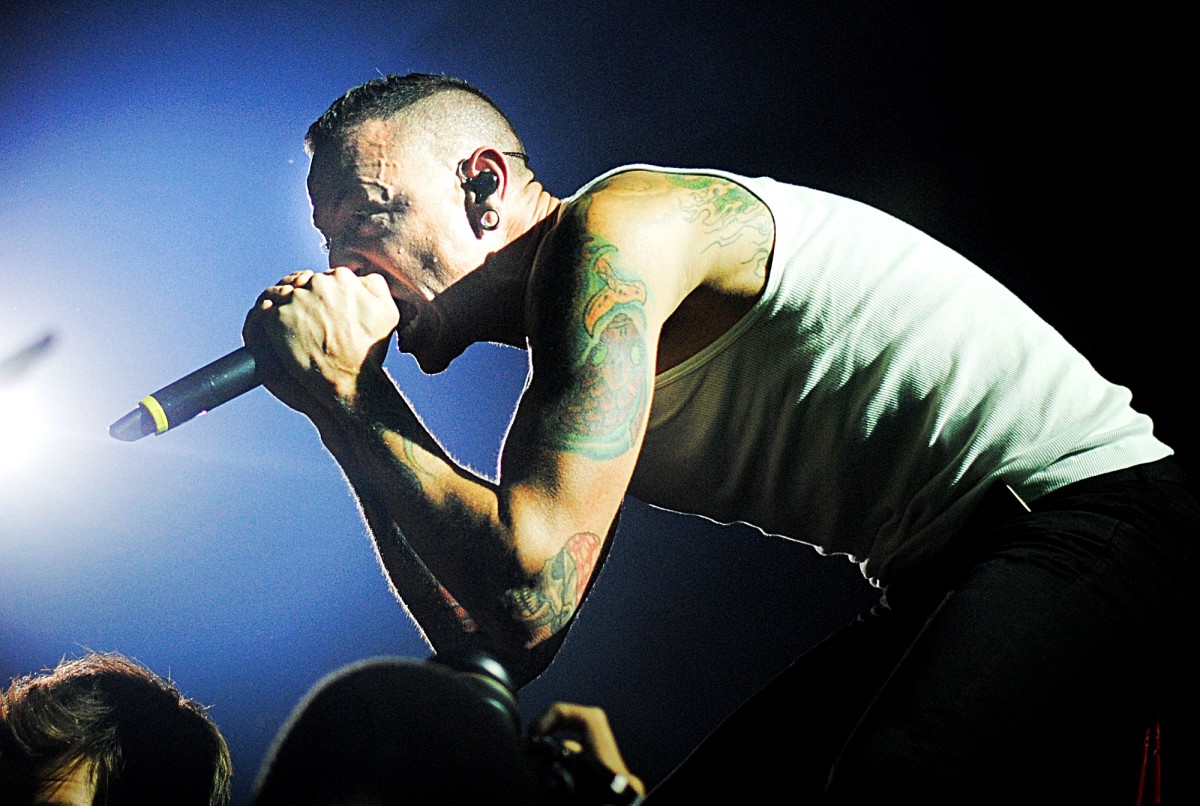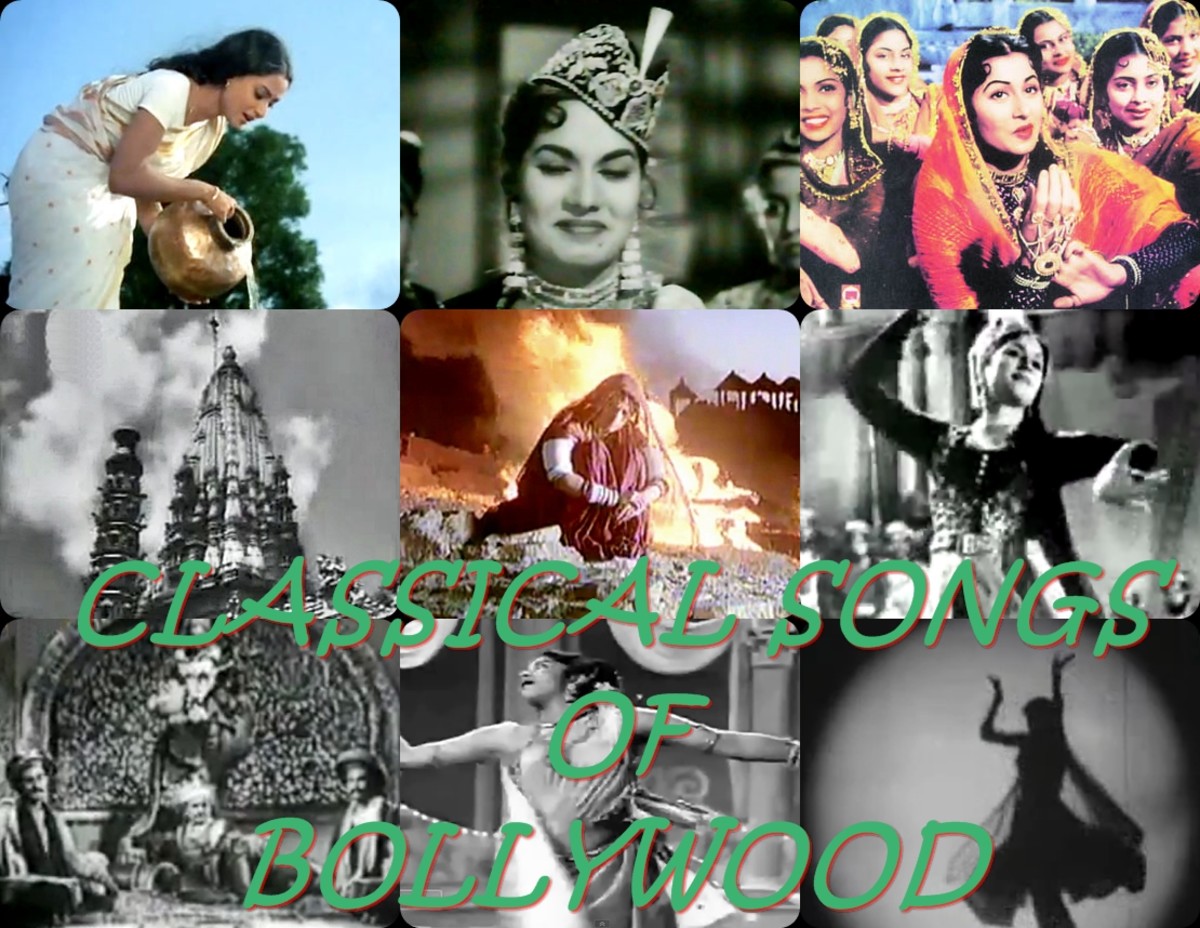Alfredo Zitarrosa Gave an identity to Uruguayan Folklore.
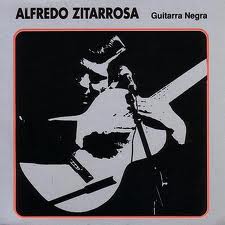
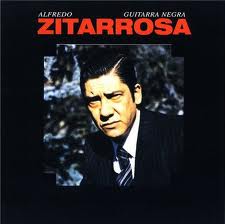
A unique voice and sentiment.
Alfredo Zitarrosa was born as the illegitimate son to Jesusa Blanca Nieve Iribarne in 1936 and was handed over to Carlos Duran and his wife Doraisella Carbajal with whom he moved to the country and was raised until he became a teenager and moved back to the capital city of Montevideo to live with his mother and her husband at the time Alfredo Nicolas Zitarrosa who gave him his surname. He started his career in radio as a broadcaster, librettist and informativist in 1954 and as a writer ,poet, and journalist for the news magazine Marcha.His singing career began in february of 1964 fortuitously when a friend of his who managed an advertising agency, Cesar Durand arranged for him to sing two songs in channel thirteen in Peru where he was living at the time , they paid him fifty dollars.Back in Montevideo in 1965 he participated in the public radio auditorium as a singer and later was invited to the famous folklore festival of Cosquin in Argentina in 1966.He was politically active in support of the Frente Amplio, leftist third party and went into political exile after the military coup and dictatorship that ruled uruguay from 1973 until 1985.He returned to Uruguay with the return of democracy and gave one of the most remembered concerts in the history of the country.His beloved Frente Amplio won the presidential election in 2004 and again in 2009,I'm sure Alfredo's deep voice joined the whole country in singing the National Anthem.
The Man Who Consolidated a Country's Musical Identity.
There have been many great writers, poets,artists,in the small country of Uruguay,where culture, literature and education as a whole have been for the most part promoted intensely and extensively by the different governments throughout our history.The importance of Alfredo Zitarrosa is not only the fact that he was able to spread uruguayan folklore throughout Latin America and beyond, but his greatest accomplishment was to provide our musical culture with a national or regional identity, and what i mean is that there is a before and after Zitarrosa in uruguayan music if not for any other reason,just due to the fact that he so well represented the idiosyncracy of our people in his lyrics and his music as well as choosing his repertoire from the great poets and creators of the river plate region that not only did he influence the newer generations but also gave previous generations of artists a guide to measure against.It is only just that one of the most important theaters in Montevideo carries his name.So basically he gathered a bunch of loose genres that were just floating around, such as,vidalitas,polkas,zambas,cielitos ,and the mother of all rioplatense genres the Milonga, mother of the Tango and gathered them in what today can distinctively be called Uruguayan Folklore or musica popular uruguaya.
A man so in love with his homeland and yet created bridges of poetry and music to the whole of America and the world.
-
If you would distill the uruguayan being ,the product would be this man, Alfredo Zitarrosa,perhaps the most beloved man in the modern history of the country,whose story mimics the story of his countrymen,persecuted,exiled,speaking out against a brutal dictatorship,yet having an almost utopian confidence in the capability of man to follow the path towards social justice, true liberty and prosperity for all.
- An introvert,low profile, a little nostalgic, and a progressive traditionalist. When democracy returned,he returned with it,as did many ,to help build the new country that was to be like it had been throughout its history, one of the most democratic countries in the world,where as it was expressed by our national hero and liberator Artigas" the most humble would be the most privileged".
